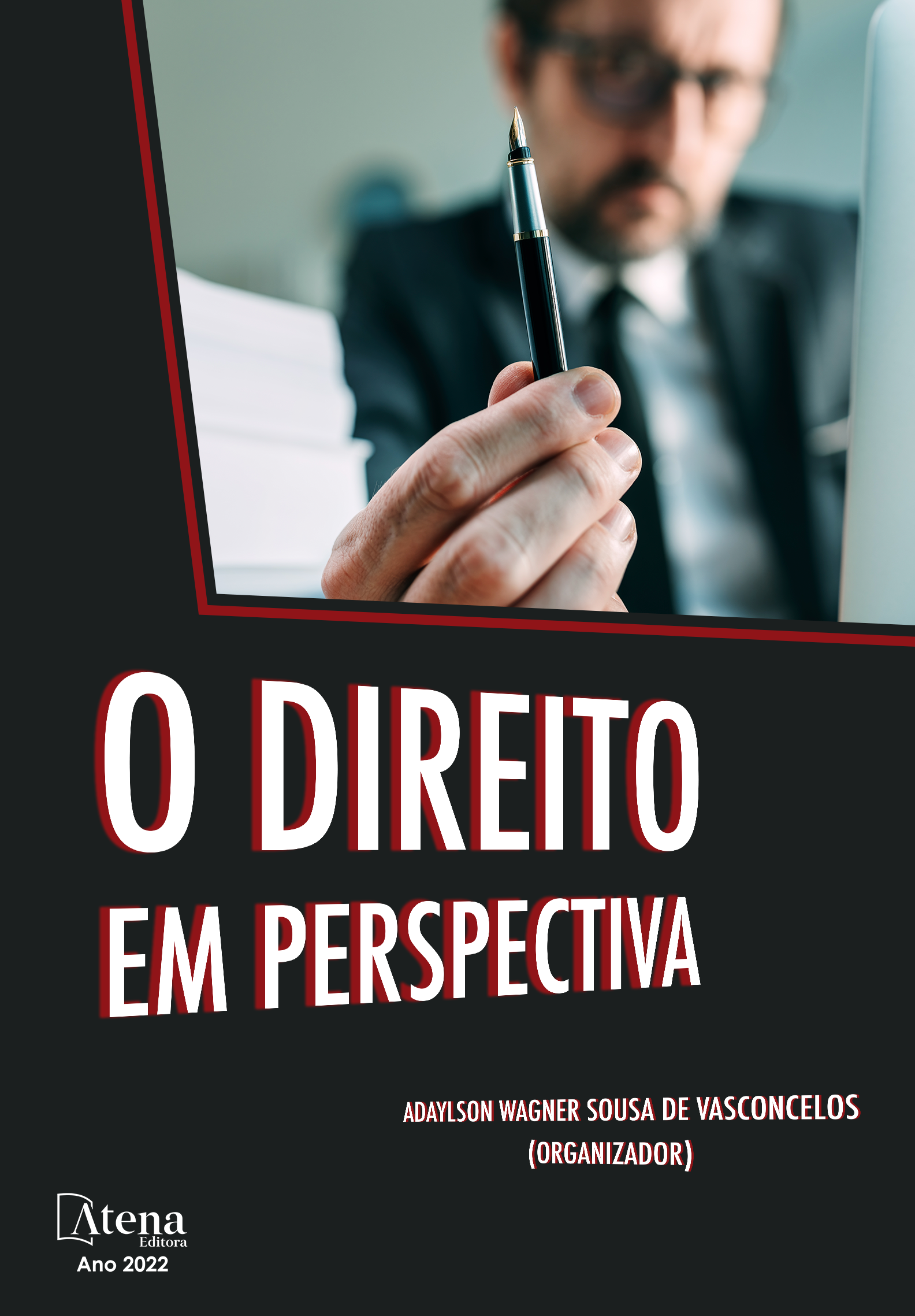
CRIME QUALIFICADO DE MAUS-TRATOS CONTRA CÃES E GATOS: REFLEXÕES SOBRE A LEI FEDERAL 14.064/2020
Este artigo objetiva refletir sobre a Lei Federal 14.064 de 29 de setembro de 2020 a qual altera a Lei Federal 9.605, de 12 de fevereiro de 1998, para aumentar as penas cominadas ao crime de maus-tratos aos animais quando se tratar de cão ou gato. Trata-se de um estudo qualitativo, básico, descritivo, documental e bibliográfico em que se realizou a seleção e leitura dos documentos e das literaturas disponíveis, bem como organização das informações coletadas e análise e discussão das mesmas. Quanto à perspectiva teórica priorizada assenta-se na investigação crítica. Os resultados apontam que a citada Lei apresenta aspectos restritivos e profícuos. Conclui-se que, os aspectos restritivos desta Lei situam-se no fato de focar o aumento da punição exclusivamente contra crimes cometidos aos cães e gatos em detrimento de outras espécies de animais que compõem a fauna brasileira; e com relação à relevância têm-se alguns elementos a considerar: (i) constatação de um avanço legislativo na área da proteção da integridade física e psíquica dos animais; (ii) reconhecimento de um valor maior para a dignidade de cães e gatos; (iii) caracterização do crime contra cães e gatos como qualificado com previsão de pena mínima de reclusão de dois anos e máxima de cinco anos; multa e proibição da guarda, por conseguinte não mais considerado como infração penal de menor potencialidade ofensiva; (iv) possibilidade de discussão e análise da jurisprudência criminal referente violação da dignidade de cães e gatos; (v) inovação penal atinente à proibição da guarda do animal – lê-se guarda e não posse e/ou propriedade – e seu consequente reconhecimento de que cães e gatos não são coisas e que, portanto, devem ser submetidos aos Institutos de Direito de Família.
CRIME QUALIFICADO DE MAUS-TRATOS CONTRA CÃES E GATOS: REFLEXÕES SOBRE A LEI FEDERAL 14.064/2020
-
DOI: 10.22533/at.ed.30122220318
-
Palavras-chave: Crime Qualificado. Maus-Tratos. Cães e Gatos. Regulamentação Federal
-
Keywords: Qualified Crime. Bad Treatment. Dogs and Cats. Federal Regulation.
-
Abstract:
This article aims to reflect on Federal Law 14.064 of September 29, 2020, which amends Federal Law 9.605, of February 12, 1998, to increase the penalties imposed on the crime of mistreatment of animals in the case of dogs or cats. This is a qualitative, basic, descriptive, documentary and bibliographic study in which the selection and reading of available documents and literature were carried out, as well as the organization of the information collected and their analysis and discussion. As for the prioritized theoretical perspective, it is based on critical investigation. The results indicate that the aforementioned Law has restrictive and beneficial aspects. It is concluded that the restrictive aspects of this Law lie in the fact that it focuses on increasing punishment exclusively against crimes committed to dogs and cats to the detriment of other animal species that make up the brazilian fauna; and in terms of relevance, there are some elements to consider: (i) verification of a legislative advance in the area of protection of the physical and psychological integrity of animals; (ii) recognition of a greater value for the dignity of dogs and cats; (iii) characterization of the crime against dogs and cats as qualified with a minimum sentence of imprisonment of two years and a maximum of five years; fine and prohibition of guard, therefore no longer considered as a criminal offense of lesser offensive potential; (iv) possibility of discussing and analyzing criminal jurisprudence regarding violation of the dignity of dogs and cats; (v) criminal innovation regarding the prohibition of animal custody - we read custody and non-possession and/or property - and its consequent recognition that dogs and cats are not things and that, therefore, they must be submitted to the Law Institutes of Family.
-
Número de páginas: 19
- NILSEN APARECIDA VIEIRA MARCONDES


